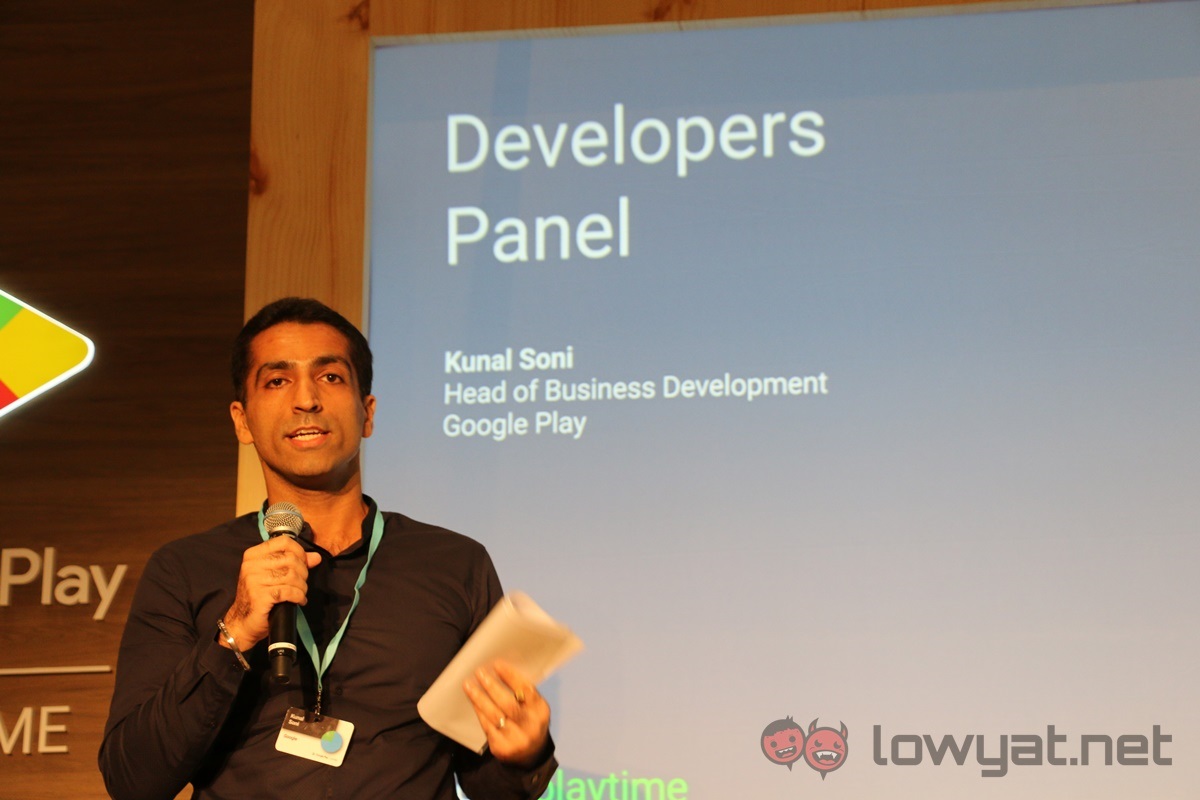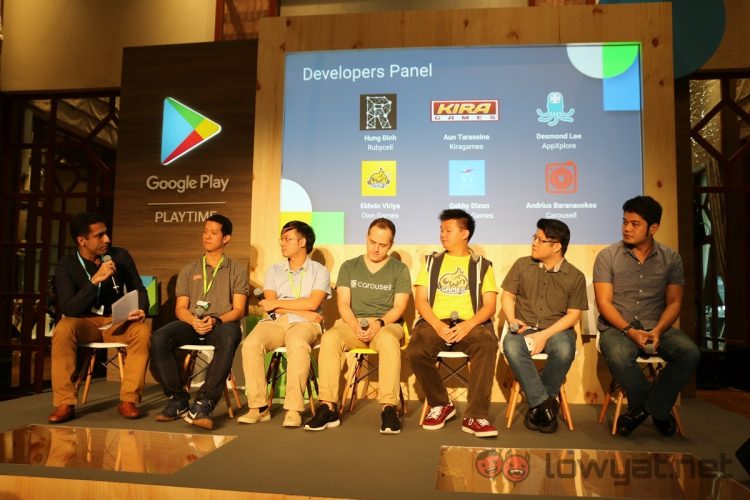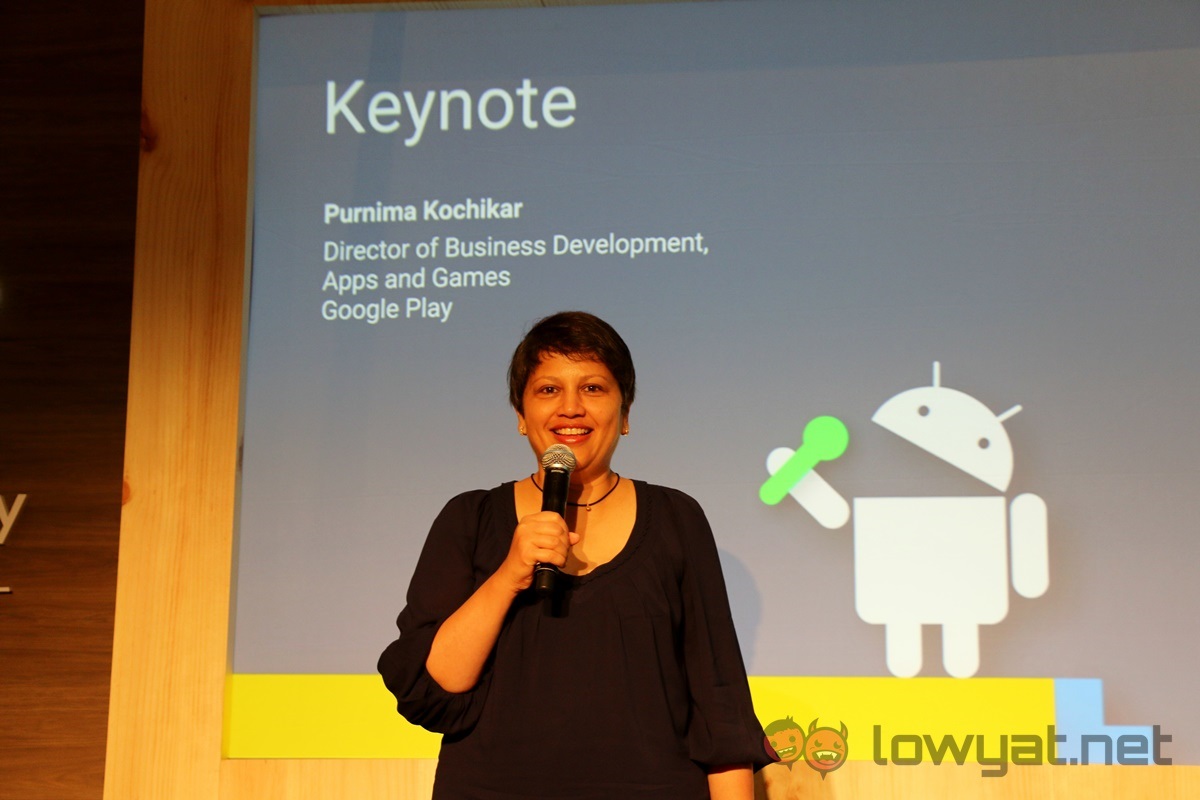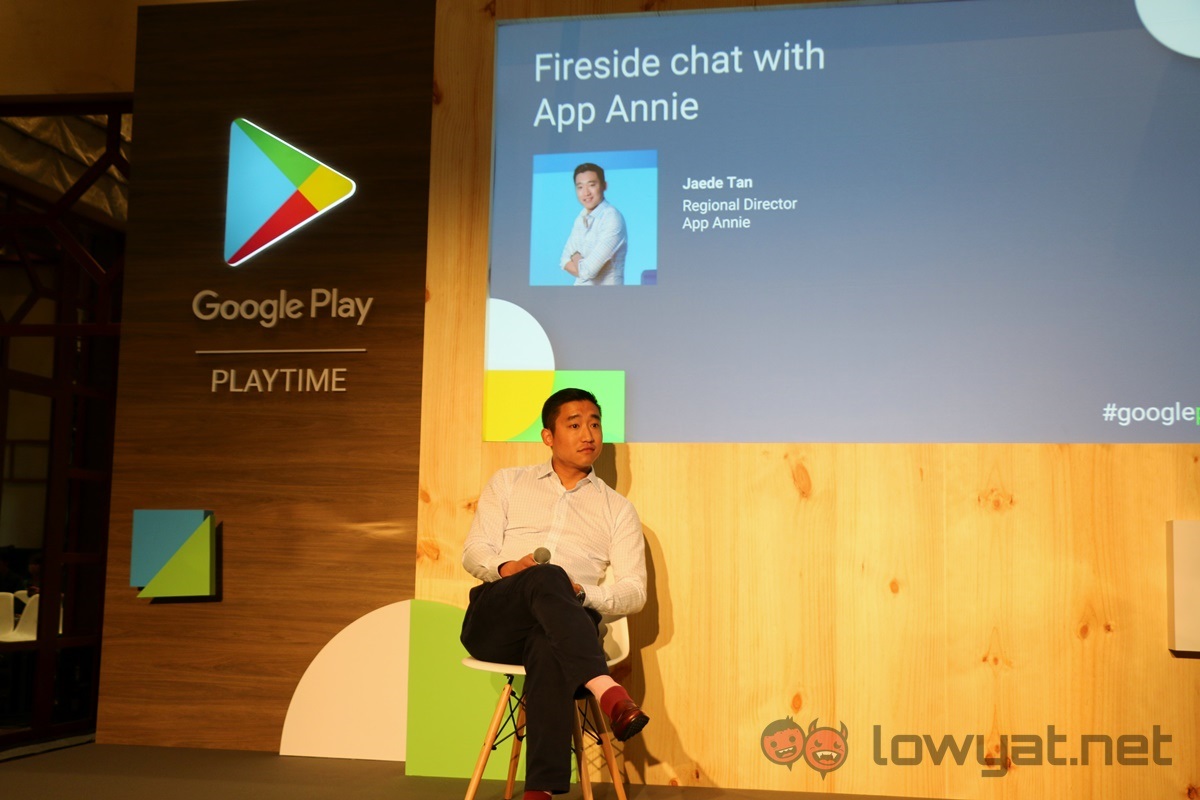Most of us would have fond (and equally frustrating) memories of the hit game, Flappy Bird, and the fact that the developer was not some big-name corporation, but rather a quiet guy from Vietnam.
But what about developers like Kiragames, the indie studio from Thailand responsible for hit Android games such as Unblock Me, or Malaysia’s very own AppXplore, the company behind apps such as Sporos and Alien Hive?
Google Playtime is an annual event where top developers are invited from across the region, to learn and share ideas across and grow together. Now in its second year, Google aims for Playtime South East Asia to be the best platform for developers in the region to converge and not only learn how to leverage Google Play technologies to improve their apps, but also to meet and network with other developers and share ideas that work.
It’s not surprising that Google is concentrating heavily on South East Asia as a “hotbed of digital innovation,” as Google Play’s Global Director of Business Development for Apps and Games, Purnima Kochikar, puts it. The region has seen time spent in apps on Android double in just two years, as emerging markets see huge growth in first-time smartphone owners.
App Annie, an independent company that tracks app data and insights, forecasts that this trend will only increase over time. The region not only has a large population in the emerging markets, but the appeal also lies in the developed markets, where in-app expenditure has been steadily increasing.
Perhaps the most interesting bit of data revealed by App Annie was the fact that globally, about 10% of smartphone users do not actually open the phone app to make a call. In countries like Japan, that figure jumps to roughly 35% – a clear indicator that the smartphone today is more of an app delivery device.
Interestingly, Google shifts the focus of developers from potential revenue to be earned to the Google Play platform’s ability to ease app development and the tools available to measure and improve apps.
For instance, the developers invited on stage all agreed that the Android Studio suite has made monitoring app performance metrics (downloads, time spent in apps, and in-app revenue) a lot easier to track. Google Play’s recent integration of machine learning to go through app reviews allow developers to very easily generate reports; Google’s powerful machine learning platform is capable of detecting the general reception of the app, as well as highlighting specific feedback from users – saving copious amounts of time for developers.

Finally, two other Google Play features – the ability to respond to reviews (both publicly and privately) as well as an option to release apps as an open or close beta – allows developers to fine tune their apps before even releasing it to a global audience.
With over 80% of global smartphone users in the Android ecosystem, the allure of creating the next big hit is certainly lucrative; apps such as Flappy Bird and Unblock Me both prove that where you come from is certainly not a barrier to creating a hit game.




